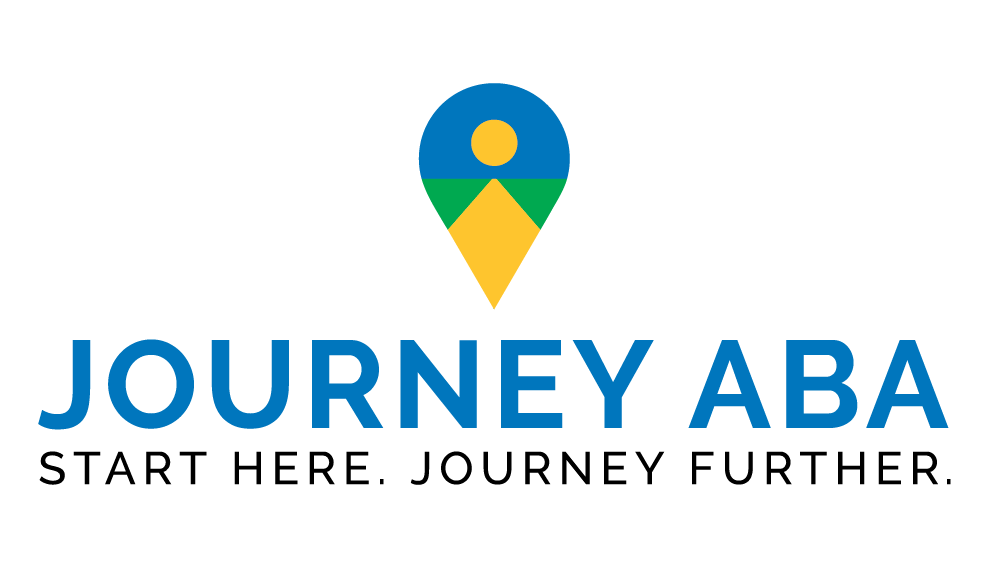Early intensive behavioral intervention (EIBI) is based on the principles of applied behavior analysis (ABA), the gold standard when it comes to autism treatment. EIBI, in particular, is a type of ABA treatment that promotes behavior change, skill development, and learning by breaking tasks into much smaller steps that are easier to learn. As a client learns each step, they’re rewarded and praised. Difficult behavior is ignored when it happens.
But are there things to know about EIBI before you explore its effects on your child? As with most types of autism treatment, having an understanding of this intervention can help you determine if it’s a good choice for your child. If you’ve done that and are now searching for autism treatment options near Boston, MA, contact Journey ABA today. Call 844.222.4513 or reach out to our team online to learn more
What Is Early Intensive Behavioral Intervention?
The rising prevalence of autism spectrum disorder increases the need for evidence-based behavioral treatments that can lessen the social and learning impacts of autism symptoms on children’s functioning. At present, there are no psychopharmacological therapies that can effectively treat all symptoms of all cases of autism. However, some interventions are more well-established, like EIBI for autism treatment.
Early intensive behavioral intervention (EIBI) normally consists of 20 to 40 hours per week spent on giving individualized instruction for young children with autism. The age of the client is important, as EIBI is normally recommended for children with autism spectrum disorder who are four years old or younger. The typical treatment length is about two to three years.
The UCLA Model is a popular version of the EIBI that emphasizes at-home instruction and discrete trial training (DTT). Other models are provided in classrooms and some emphasize teaching methods other than DTT.
How Important Is EIBI?
EIBI for autism treatment is most likely to result in major long-term positive effects for children that undergo it. Autism can sometimes be diagnosed in children before they’re two years old, and cases like this may be ideally treated by EIBI.
In this period of a child’s life, their brain is still forming and is more plastic or changeable than it is at older ages. Because of this plasticity, autism treatments have a better chance of being effective in the longer term. EIBI not only gives children with autism the best start possible but also the best chance of developing to their full potential. The sooner a child with autism spectrum disorder gets diagnosed and gets professional help, the greater the chance for progress and learning.
What Should You Know About EIBI?
1. EIBI Therapy Requires Active Participation from a Child’s Guardians
Your child must be very young to be recommended this treatment. EIBI therapy is well supported by studies and research. Another thing that contributes to the success of EIBI therapy programs is the active participation of a young child’s parents or guardians. Service providers are expected to give parents or guardians specialized training, education, and support in EIBI. If your child is undergoing EIBI therapy, you’re definitely expected to be actively involved.
2. EIBI Therapy Helps Children with ASD Learn Appropriate Behavior
Many parents and guardians may initially seek autism treatments for their children because they want their children to learn positive behaviors. EIBI can help with that immediately at a time when children are first figuring out how to do everything. If the intervention happens early enough, children may be less likely to develop difficult behavior.
EIBI also helps children with autism:
- Better focus their attention
- Develop their daily living and play skills
- Improve their use of language and understanding
- Learn to imitate
3. EIBI Therapy Works Without Punishments
One of the primary things to know about early intensive behavioral intervention is how exactly it works. As a parent or guardian, you must understand everything that’s being used to treat your child. In general, EIBI therapy involves the following steps:
- Assessing the child’s current skills and difficulties
- Developing an individualized program for the child
- Implementing the program to build skills
- Measuring the skills you’ve chosen to work on to see whether the program is working
- Evaluating progress and making changes as needed
An EIBI therapy program should never include punishments. A child’s EIBI therapy program should focus on building skills rather than getting rid of behaviors like flapping or spinning. Many children with ASD find these behaviors calming.
Ready To Learn More About Journey ABA’s Autism Treatment Options?
If you’re looking for autism treatment options near Boston, MA, contact Journey ABA today. Call 844.222.4513 or reach out to our team online to learn more.

